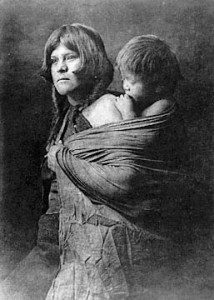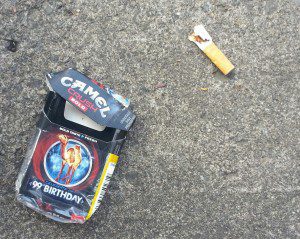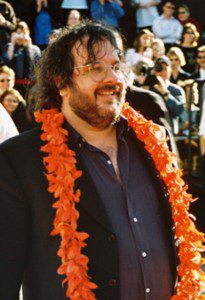
I am endlessly fascinated by the etymology of the words for “dream” in different cultures. Often the root and alternative meanings of these words suggest a lively understanding that more is going on in dreams than is widely understood in modern urbanized societies.
Take the case of the Hopi, a Pueblo nation of the Southwest United States. The Hopi word for “dream” is dimoki. A dimoki is literally a “bundle”. The word is used to describe the bundle containing a dead body, prepared for burial.So dreaming is connected, in the Hopi mindset, with the realm of the deceased, and messages from the deceased.
A dimoki can also mean a bundle of corn, the kind you can carry on your back. This is a most important association, since for the Hopi corn is the staff of life and the living symbol of the people.
A dimoki might be a bundle of thoughts or images. We are reminded that while the body rests the mind is free to range far and wide, bringing back discoveries and making connections that escape the ordinary self.
So a dream is a bundle of stuff you bring back from interesting places, worth unpacking carefully. I am looking now at a fine old photograph of a Hopi mother carrying her child in a bundle on her back. Sometimes our dream bundles contain a baby, announcing a literal birth or the possible birth of a new creative life project.
Hmmm. Then there is Kokopelli, the sexy trickster and music maker well-known to the Hopi, sometimes shown with a mystery bundle on his back. I’ve heard it said that Kokopelli’s bundle contains unborn babies that he wants to bring to their mothers, which might explain why unmarried Hopi girls used to be edgy about this figure.
What dreams will you find in the bundle you may carry back from your wanderings tonight?
Due diligence: This note is a riff on the work of cultural anthropologist Dorothy Eggan, who drew on her conversations with Hopi elders for an excellent essay titled, “Hopi Dreams in Cultural Perspective”, included in The Dream and Human Societies, the still-unrivaled 1966 collection edited by Gustave von Grunebaum and Roger Caillois.

